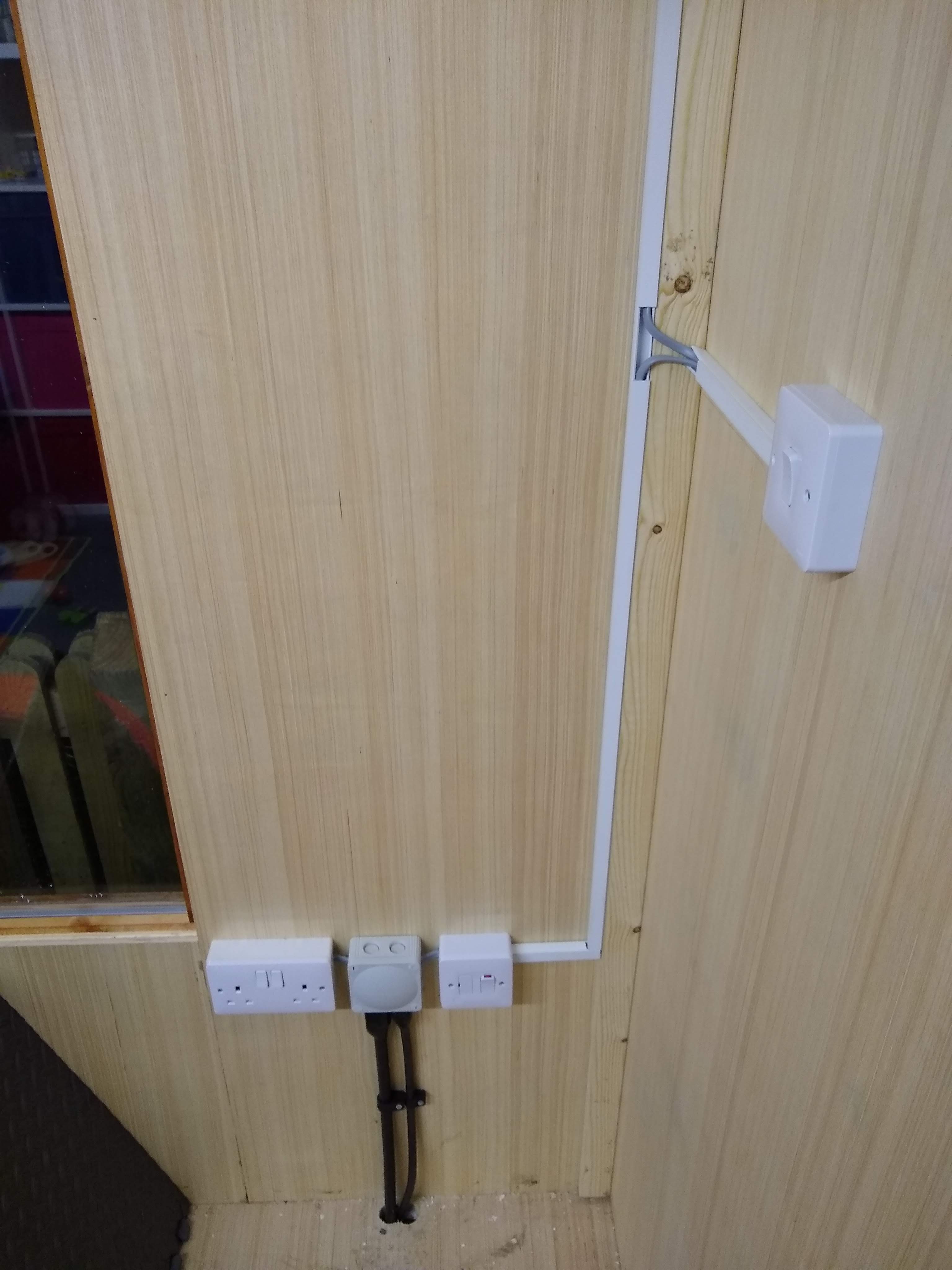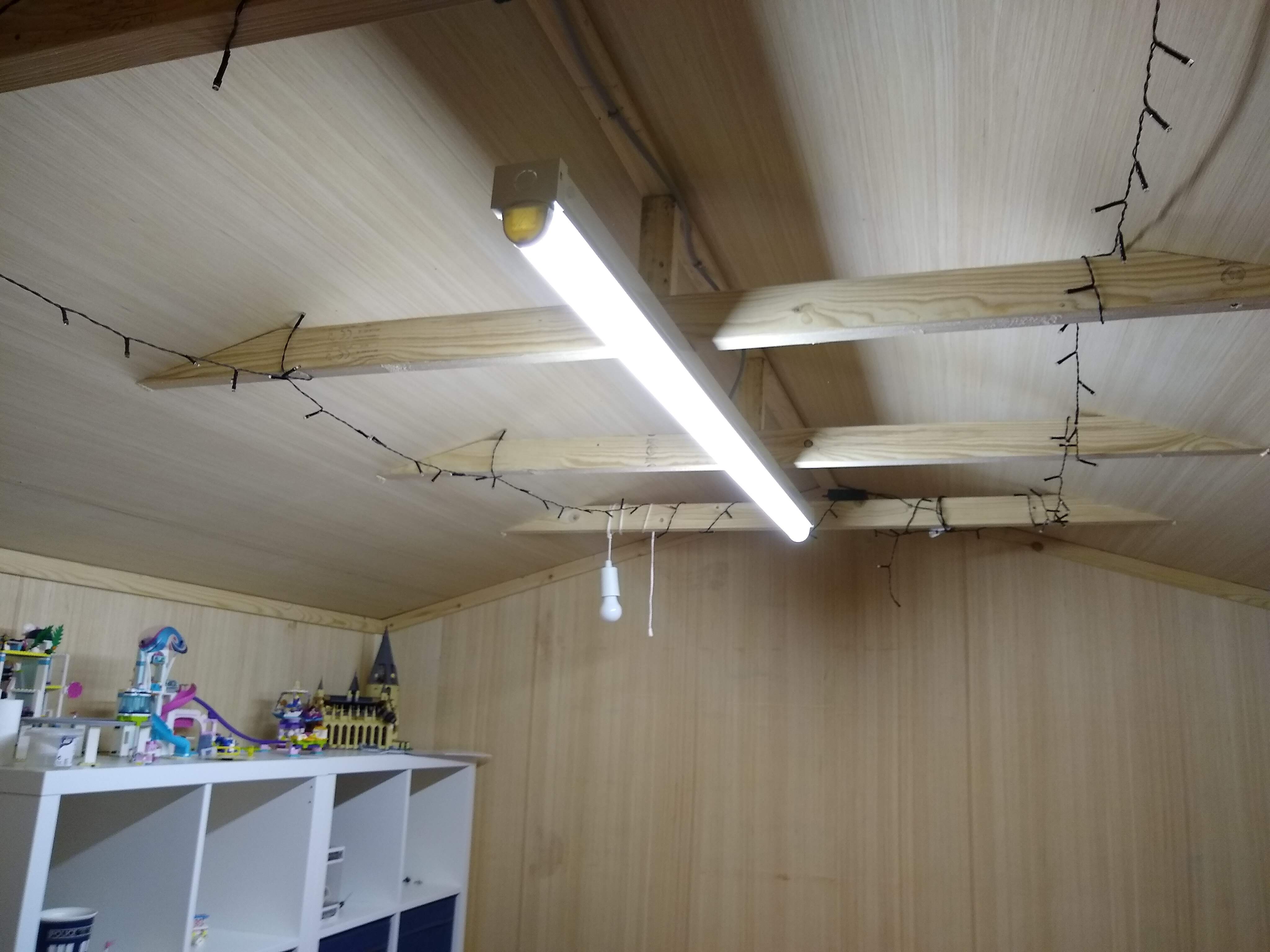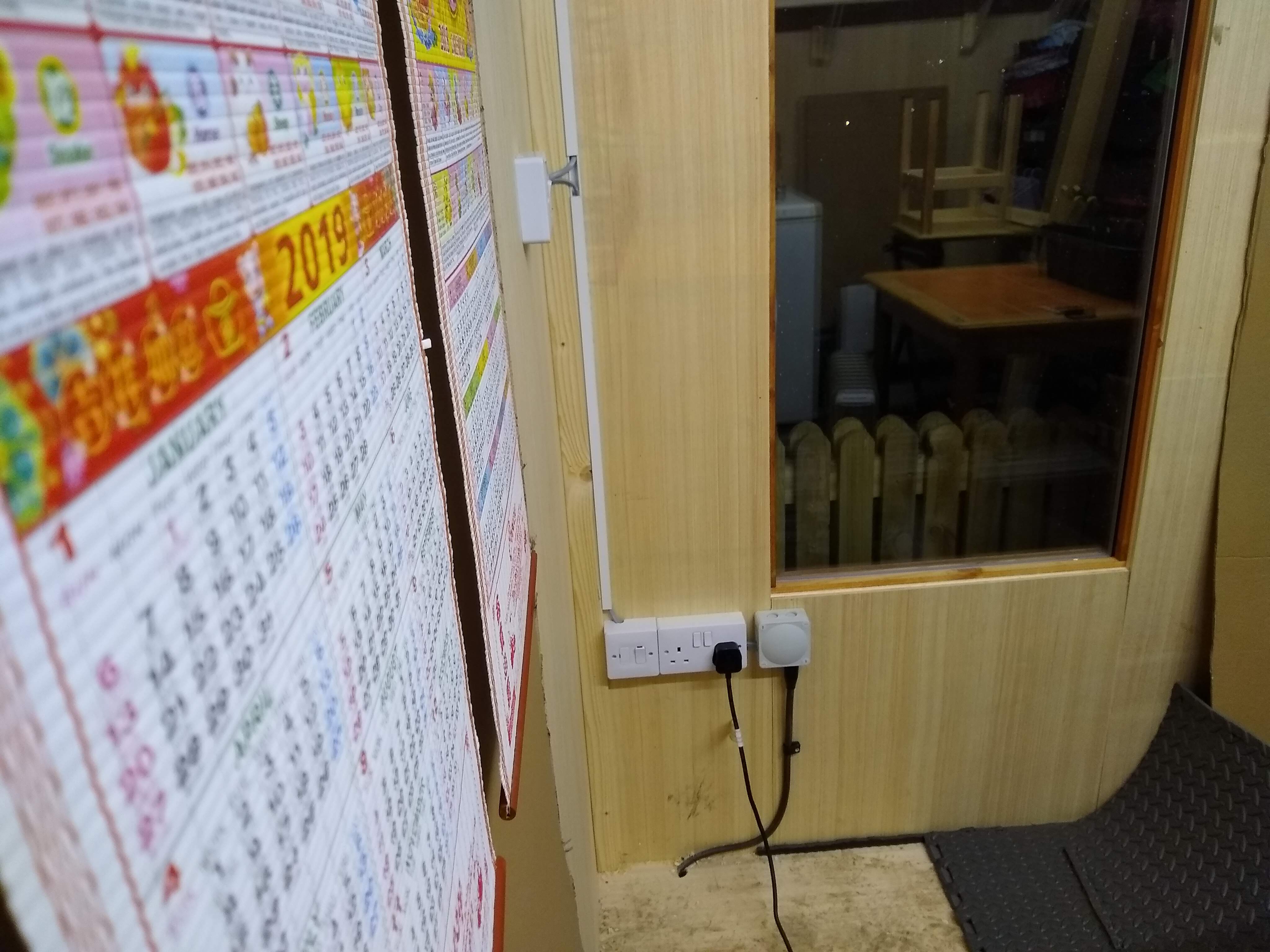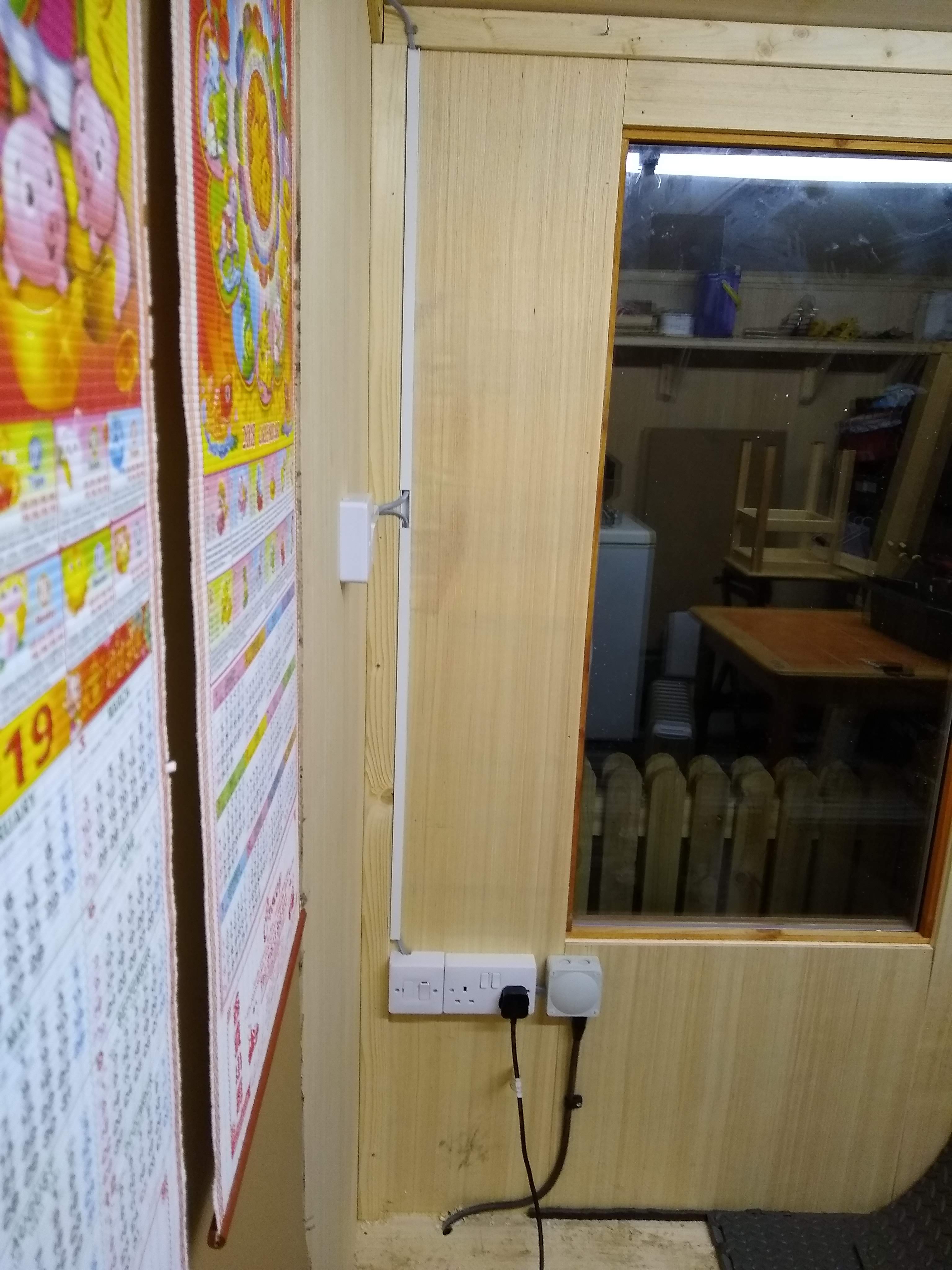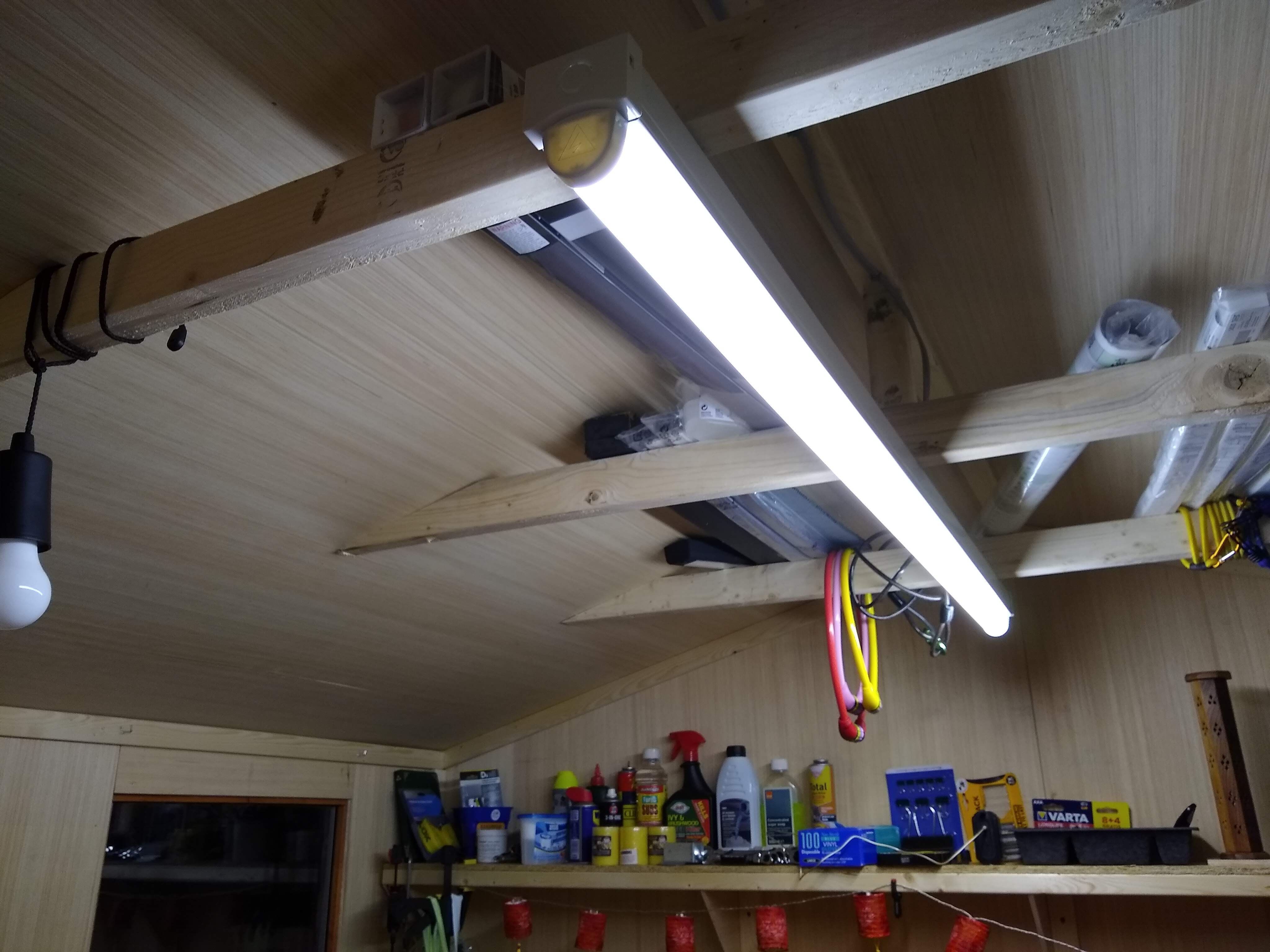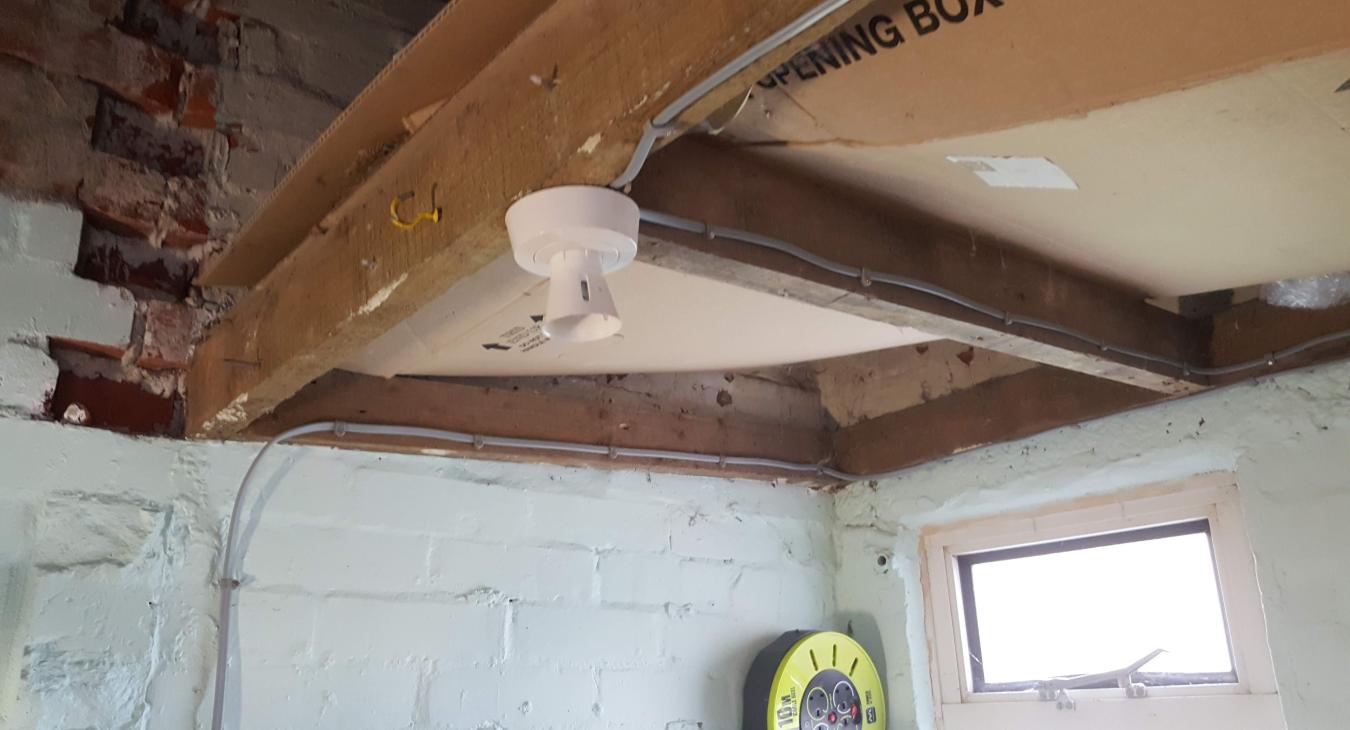
I often get requests to wire up a garden shed or outbuilding and there are many advantages to adding a few sockets or lights. However with any outdoor wiring it is not as simple as just running wires through your garden and hoping for the best, garden electrics can be a lot more complicated than you would think.
In order to have a safe, reliable electrical installation in a garage, your registered Electrician In Cwmbran needs to adhere to a number of regulations, and avoid making silly mistakes. This sort of work should not ne attempted by you, the homeowner as this could put lives at risk.
Why use an electrician for shed electrics
Unless the installation is very small i.e. just a single socket fitted, you will probably need to install a small consumer unit so that the power can be turned off without affected the supply to your house. Unless you are planning on running a supply from an existing socket, shed wiring can be a big undertaking. You may think you will only use the sockets occasionally for lighter loads, but proper installations require a certain amount of future proofing.
Secondly, if your outbuilding contains any metal pipes that touch the ground, DIY installations could create a potentially hazardous situation where a person could get a nasty electric shock. Everything in your shed should be bonded correctly.
For these reasons, trying to wire your shed yourself could be extremely dangerous. You could risk your own life whilst trying to carry out the work, and you may also create a hazard in the garden that could injure a family member or even a pet, should they decided to chew on a cable they found.
Roque Electricians: the warning signs
Be very wary if your electrician suggests any of the following:
- Running cables along the ground and not in trenches or fixed to a fence/wall
- Suspending cables in mid-air with no supports
- Using non-compliant outdoor cable such as flat grey cable (outdoor cable should be black to prevent UV damage)
- Using undersized cables that are too small for power rating
- Botching cables into junction boxes that are not IP rated
- Skipping tests or certification to save time and money
Notifying the work under Part P
Many domestic electrical jobs fall under Part P of the UK building regulations. In order to be able to prove you have a safe, correctly installed electrical installation in your shed, you will need to do one of the following:
- Employ an electrician who is Part P compliant, or
- Notify your local building control who will then inspect the garden electrics (at a cost of several hundred pounds)
Employing a qualified electrician who is Part P compliant is easier and more affordable.
When it comes time to move and you sell your home, the new owners will understandably want to know the electrical work was done properly, so don’t ignore this legal requirement.
Final Thoughts
Please remember that electricity kills, there are no second chances. Even if your installation goes well and everything seems to work, there may be hidden dangers in the wiring that may present a danger to anyone who uses the shed or other outbuildings. For a safe, reliable electricity supply in a garage or shed, always consult a professional electrician.
